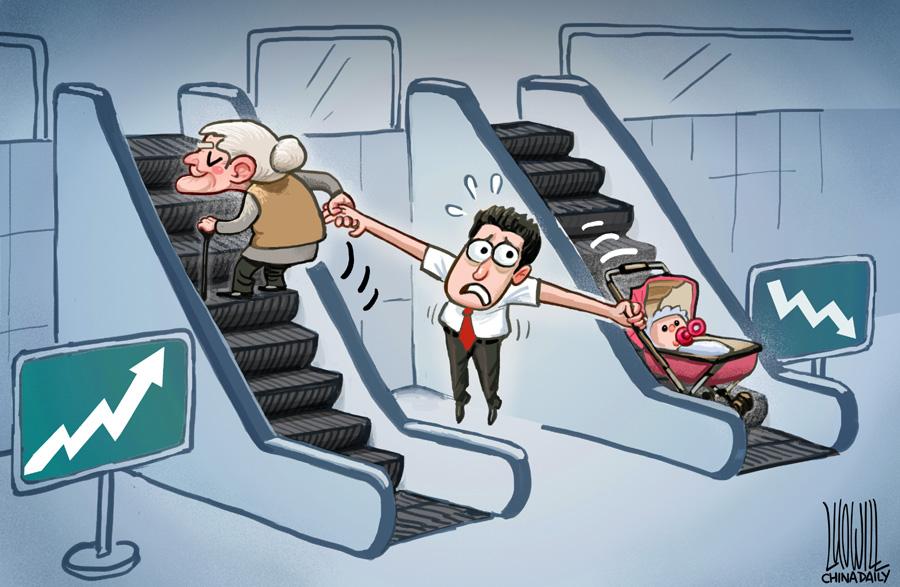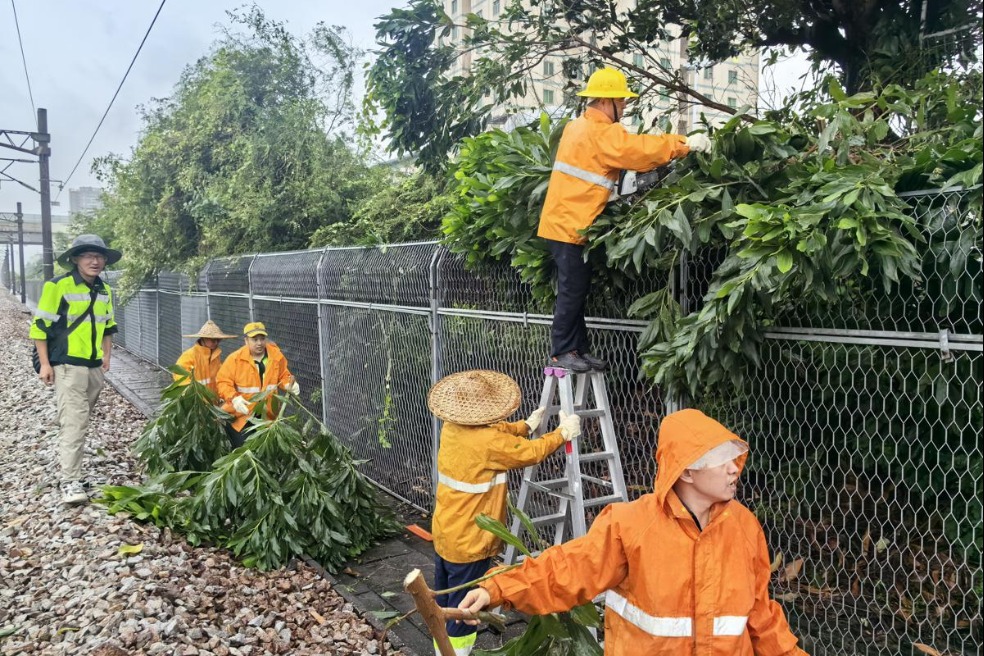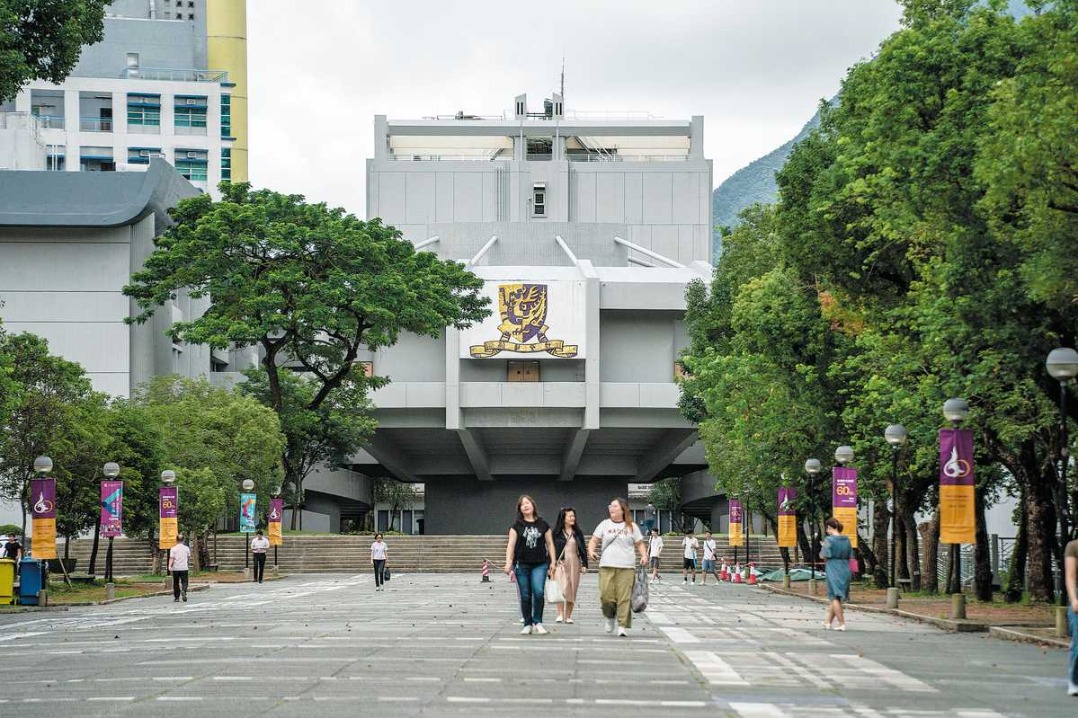Just understand the gap between the elderly and young


Recently, seven elderly people were enjoying a brass hot pot in a Beijing restaurant, chatting and enjoying Mongolian-style instant-boiled mutton. They used to be colleagues in a newspaper 30 years ago before going their separate ways to pursue different careers. Aged between 60 and 80, they are now retired professors, editors or senior managers.
Their conversation started with inquiries about each other's health, and shifted to the whereabouts of mutual acquaintances. Were all of them busy taking care of their grandchildren? Three of them said they had no grandchildren, because their children were not yet married and didn't want to get married even though they were all over 30. The others nodded understandably, with one of them saying: "Young people nowadays live life their own way."
This is the story of my colleagues and me. Call it the generation gap if you will.
The enhanced communication between different cultures after the launch of reform and opening-up more than four decades ago convinced my generation that we should bring up our offspring to be independent in thought and decisive in action.
We have been successful, as our children have chosen their own way of life, with some deciding against tying the knot. The generation gap in Chinese society has been widening, mainly because the younger generations can express themselves more freely and are particular about their likes and dislikes. We, who have contributed to their individual development, now have to taste the "bitter melon" we so endearingly nurtured.
While we struggle to get on a bus because it is free for elderly people, the youngsters use ride-hailing services. While we settle down in hostels when travelling because they cost less, the younger generation checks into five-star hotels, for they don't mind paying 1,000 yuan ($140) for a night. And while we cook our own low-fat, low-salt, low-sugar meals at home, the younger generation orders take-outs or dines in expensive restaurants.
Also, it is an open secret now that many parents "inherit" the used clothes and shoes from their children. This has nothing to do with the parents being poor or their children being rich. In most cases, the fact is the opposite. Different growing-up experiences determine different generations' consumption habits and lifestyle. We may criticize the younger generations for their extravagance while they may sneer at us for being out of date. Judging someone in such cases can be dangerous.
The differences between the old and young exist not only in consumption habits but also in their choice of recreation and ways of relaxation.
The elderly, due to their age, are often left alone at home. We try to find solace by joining other lonely hearts for square dancing, chorus singing and card/chess playing. Or we visit a teahouse to chat with other elderly folks about the good old days, about the Russia-Ukraine conflict or anecdotal stories.
On the other hand, people of the younger generation, it appears, are trying to escape from each other. They often communicate or play electronic games online with peers they've never met. They frequently visit Starbucks, but not to enjoy a cup of coffee or to meet friends or acquaintances, but to find a quiet corner where they can play games alone or work on a computer. So many youngsters prefer to be alone that a "relaxation center" designed to serve the purpose in Beijing's central business district has reportedly become very popular among youngsters eager to have "a corner of their own".
Again, I am not going to judge what is right and what is wrong. All I can say is that we should not point fingers at the younger generation, and we should be grateful to them for not laughing at us. Forty years from now, the youths of today will become like us, but we can never become like them. So let them have the final say.
My advice to the elderly: understand the generation gap and enjoy yourselves.
The author is former deputy editor-in-chief of China Daily.
kangbing@chinadaily.com.cn
































